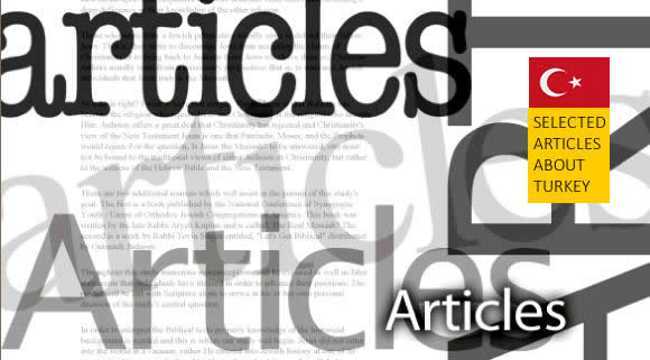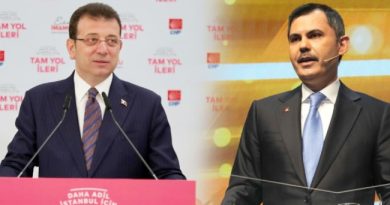Economy in Turkey: Why isn’t the exchange rate decreasing despite the increase in interest rate?

The recent increase in interest rates by the Central Bank has sparked discussions about why reserves haven’t increased and why the currency hasn’t depreciated. I believe there’s a crucial misunderstanding here, and I’d like to address it by posing a question in return
(ARTICLE by Dr. Burcu AYDIN ÖZÜDOĞRU – ekonomim.com)
What would have happened to pressure on reserves and the currency if the Central Bank hadn’t raised interest rates last week?
Could pressure on reserves/currency have been sustained until the next Monetary Policy Committee meeting on May 3?
If the answer is no, then we should understand why the Central Bank decided to raise interest rates by around 500 basis points (+/-300) last week. It should be highlighted that this decision was crucial in alleviating accumulated stress on the system.
Let’s continue by asking what awaits us on the currency/reserve/inflation path.
The interest rate hike from the Central Bank was a significant decision to make TL deposits attractive and to support portfolio inflows from abroad. However, it will take time for the total foreign currency and gold deposits, which stood at $284 billion as of the week of March 22, to convert into TL assets. Similarly, we should expect foreign portfolio flows to reach increasing levels over time.
Expecting a rapid improvement in the currency and reserves in a period of low tourism-related foreign currency inflows and high foreign currency payment needs is unrealistic. Additionally, if interest in TL assets is to ease the exchange rate, the need to improve reserves (excluding swaps and public deposits) from historically low levels suggests that the nominal exchange rate depreciation will continue in the coming months.
So, is the interest rate hike alone sufficient for the scenario of ‘going back to lira’ mentioned above? No.
For this scenario to materialize, trust among economic actors must be established, hence economic and structural policies need to support this process.
As currently highlighted by IMF Managing Director Georgieva, institutional independence is critical for inflation and long-term sustainable economic growth. According to a study by IMF economists L. I. Jacome and S. Pienknagura (2022), countries with high values of independence see lower inflation expectations among households, supporting low inflation.
Therefore, to restore public confidence in economic policy, we first need to rapidly implement regulations and practices that establish institutional independence and accountability.
Simultaneously, public finance needs to be reshaped to be in line with the monetary policy conducted by the Central Bank. However, this is not an easy process. Public finance bears the burden of various expenditures such as rebuilding the earthquake-stricken area centered around Kahramanmaraş, public personnel, social security system, interest payments, and strengthening buildings against disasters, particularly in Istanbul.
In addition to fiscal policies, structural policies need to address rigidities in areas crucial for price stability such as food, agriculture, labor, and education.
In summary, coordinated and effective policies in all these areas can lead to achieving the inflation target and reserves reaching internationally accepted adequacy levels.
SOURCE: https://www.ekonomim.com/kose-yazisi/faiz-artti-kur-neden-dusmuyor/736309
Translated into Turkish by BTT





